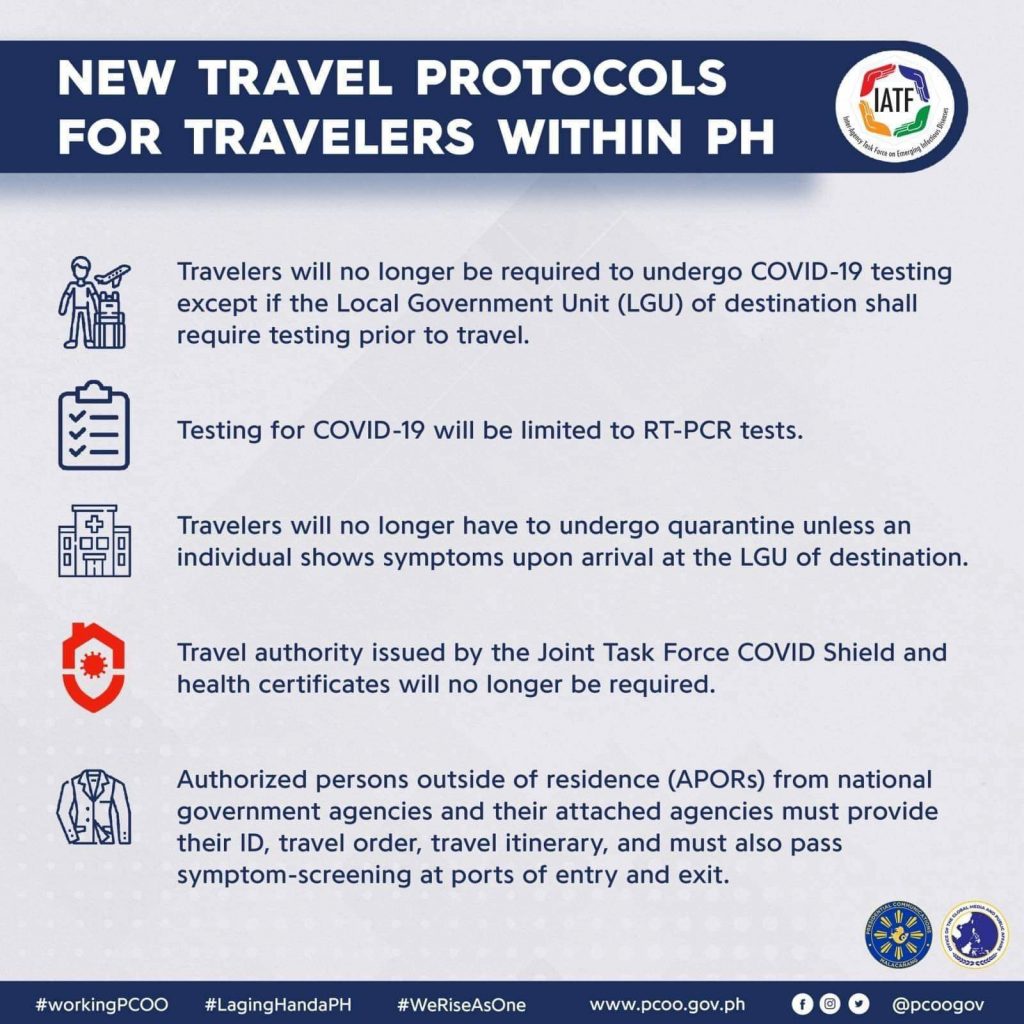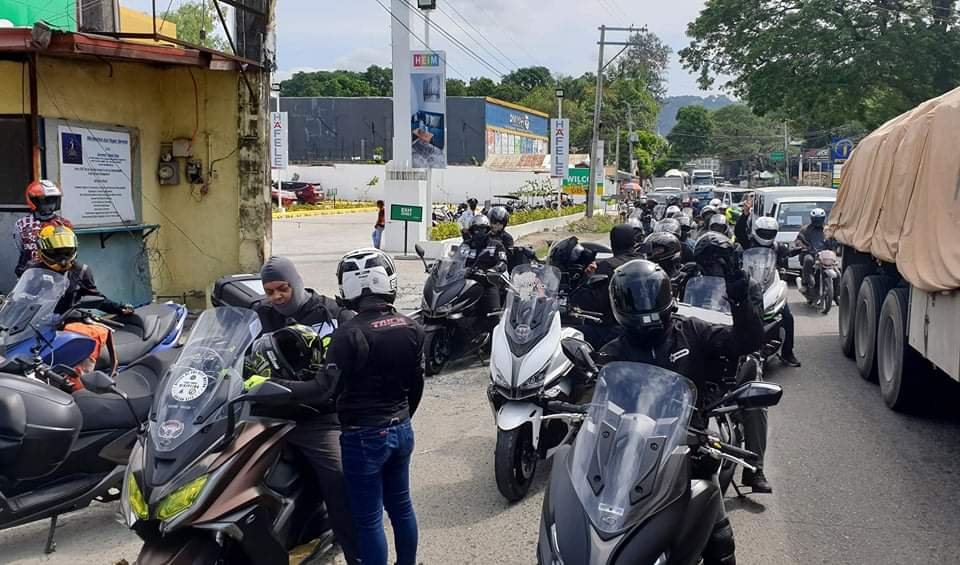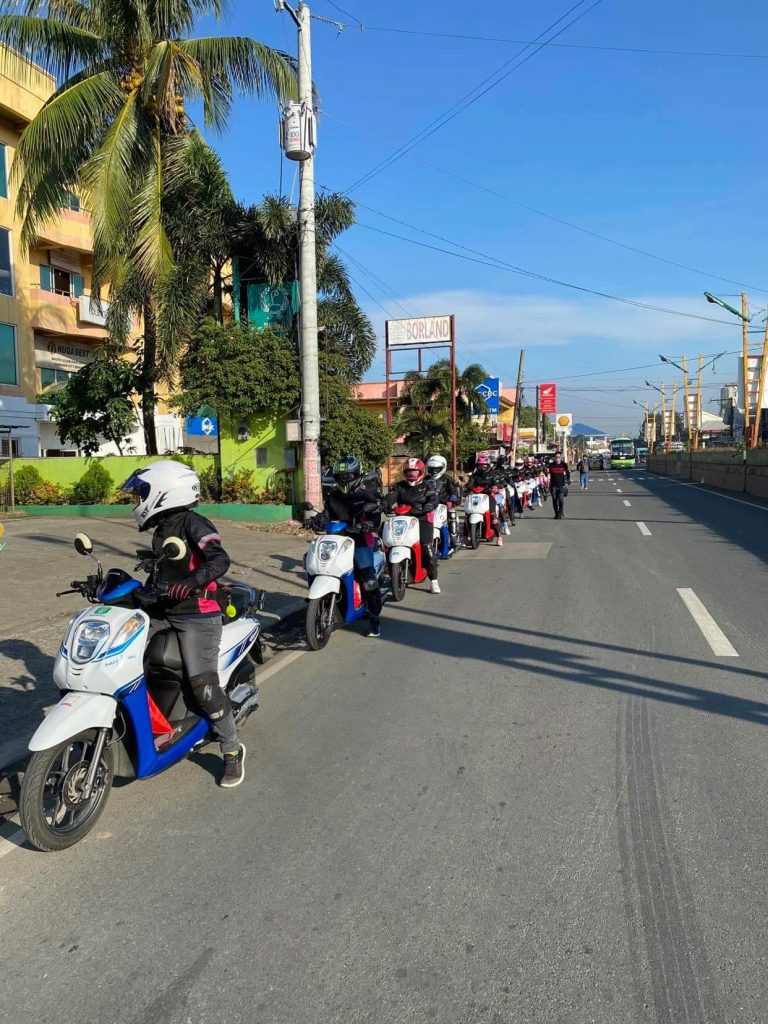Travelers no longer required to undergo mandatory test, quarantine
Share this
From the Philippine News Agency
Malacañang on Saturday announced that it is no longer mandatory for travelers to undergo coronavirus disease 2019 (Covid-19) testing and quarantine.

“Travelers shall no longer be required to undergo Covid-19 testing, except if the local government unit (LGU) of destination will make testing as a requirement prior to travel. Testing will be limited to RT-PCR (reverse transcription-polymerase chain reaction) test,” Presidential Spokesperson Harry Roque said in a press statement.

However, travelers who exhibit symptoms upon arrival at their destination have to undergo quarantine, Roque said.
This developed after the Inter-Agency Task Force for the Management of Emerging Infectious Diseases (IATF-EID) approved on Friday the uniform travel protocols for land, air, and sea that need to be observed by all LGUs, he said.

The approved protocols, Roque said, were crafted by the Department of the Interior and Local Government (DILG) in close coordination with the Union of Local Authorities of the Philippines, League of Provinces of the Philippines, League of Municipalities of the Philippines, and the League of Cities of the Philippines.
Despite the easing of restrictions for travelers, he said travelers should still follow minimum public health standards.
“Authorities shall continue to strictly implement the minimum public health standards, such as physical distancing, hand hygiene, cough etiquette, and the wearing of face masks and face shields across all settings,” Roque said.

He said the strict implementation of clinical and exposure assessment in all ports of entry and exit still needs to be observed.
The health assessment of passengers, supervised by medical doctors, will be mandatory upon entry into the port or terminal and exit at the point of destination, Roque said.

“On documentary requirements, the travel authority issued by the Joint Task Force Covid Shield and health certificates shall no longer be required,” he said.
However, authorized persons outside of residence (APORs) from national government agencies and their attached agencies must provide their identification card, travel order, and travel itinerary, Roque said.
“They must likewise pass symptom-screening at the ports of entry and exit,” he added.
Roque said the LGUs, DILG, DOST, the departments of health, tourism, and transportation, and the Philippine National Police should ensure the “smooth” implementation of the approved protocols.
Credit (PNA)
















